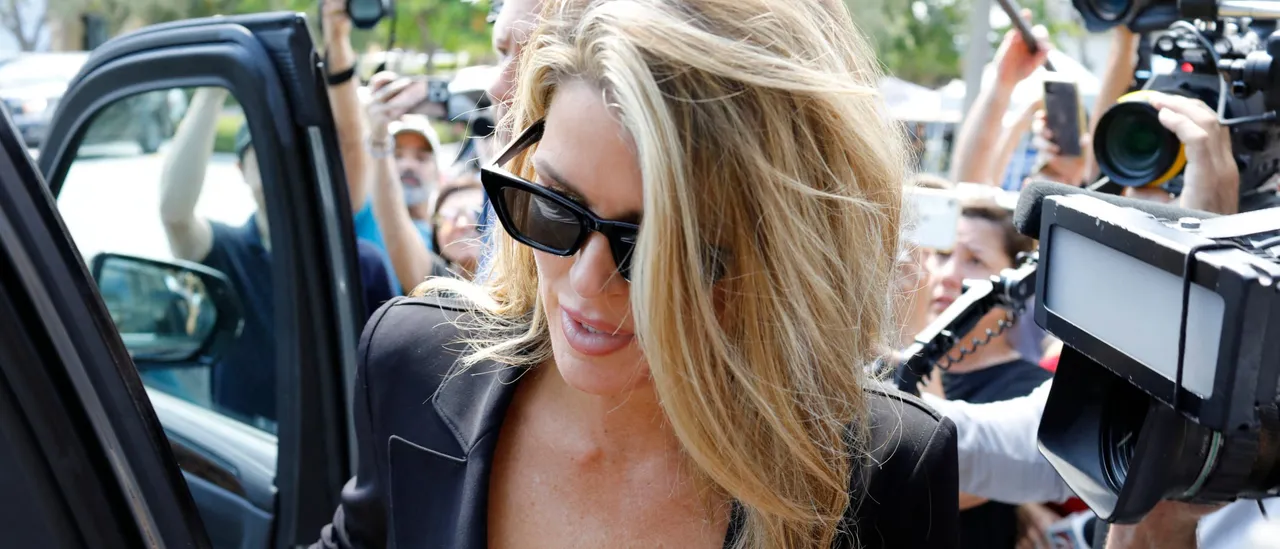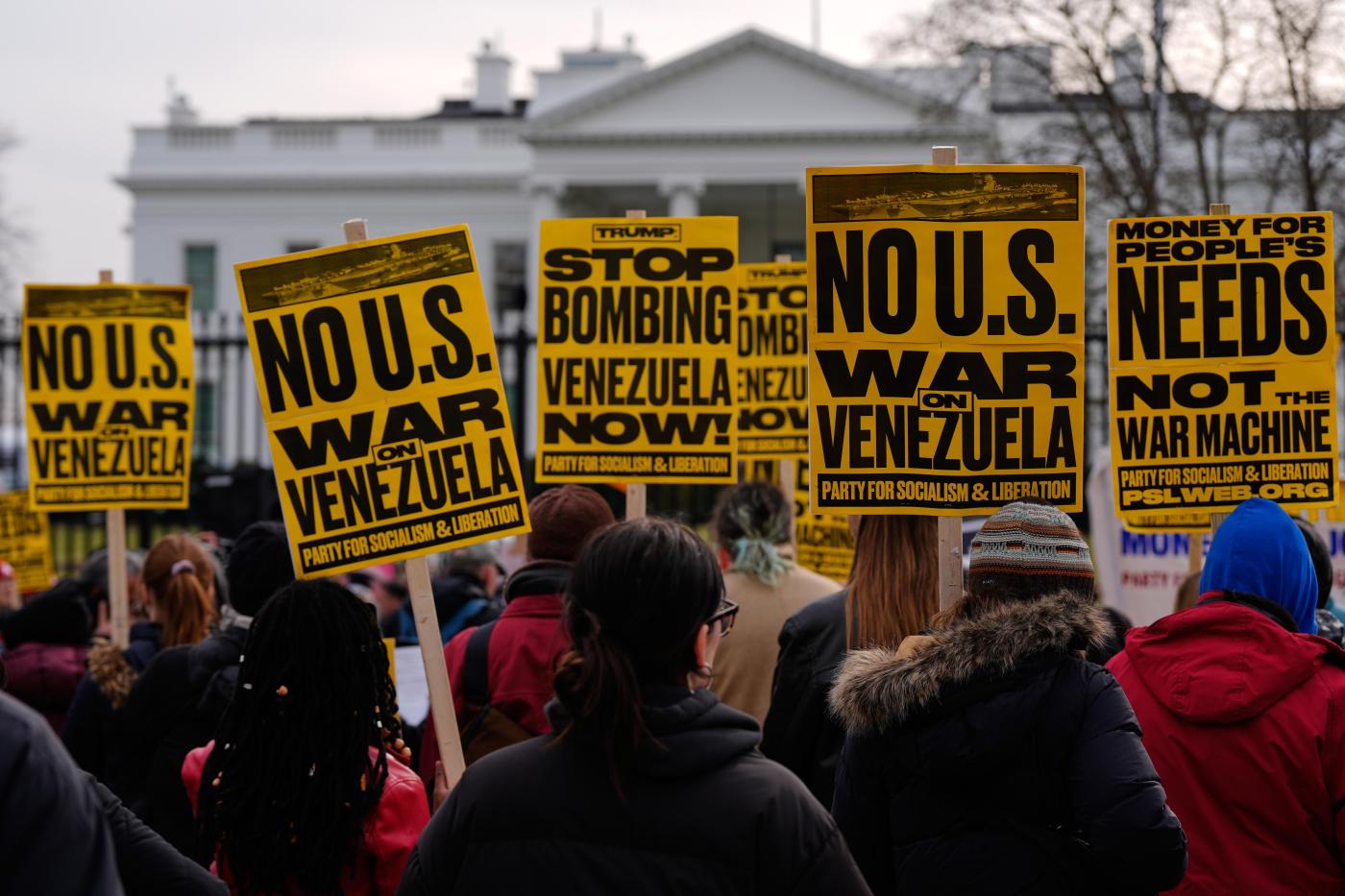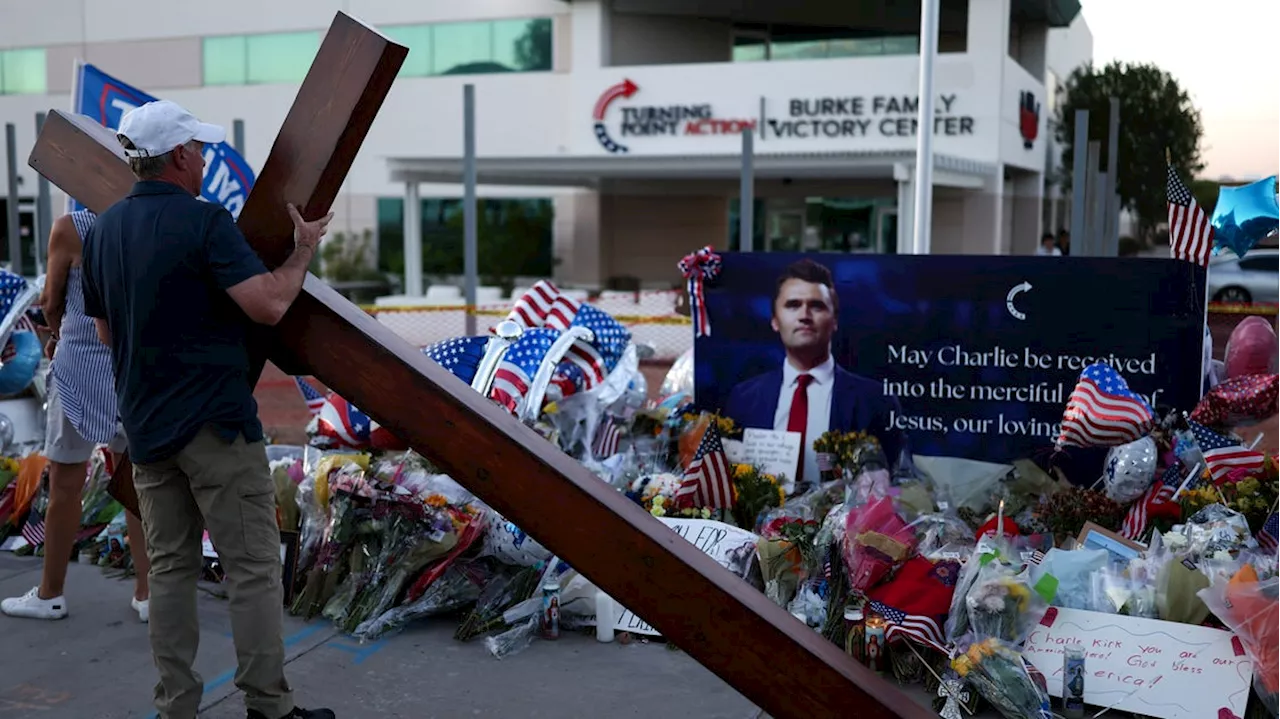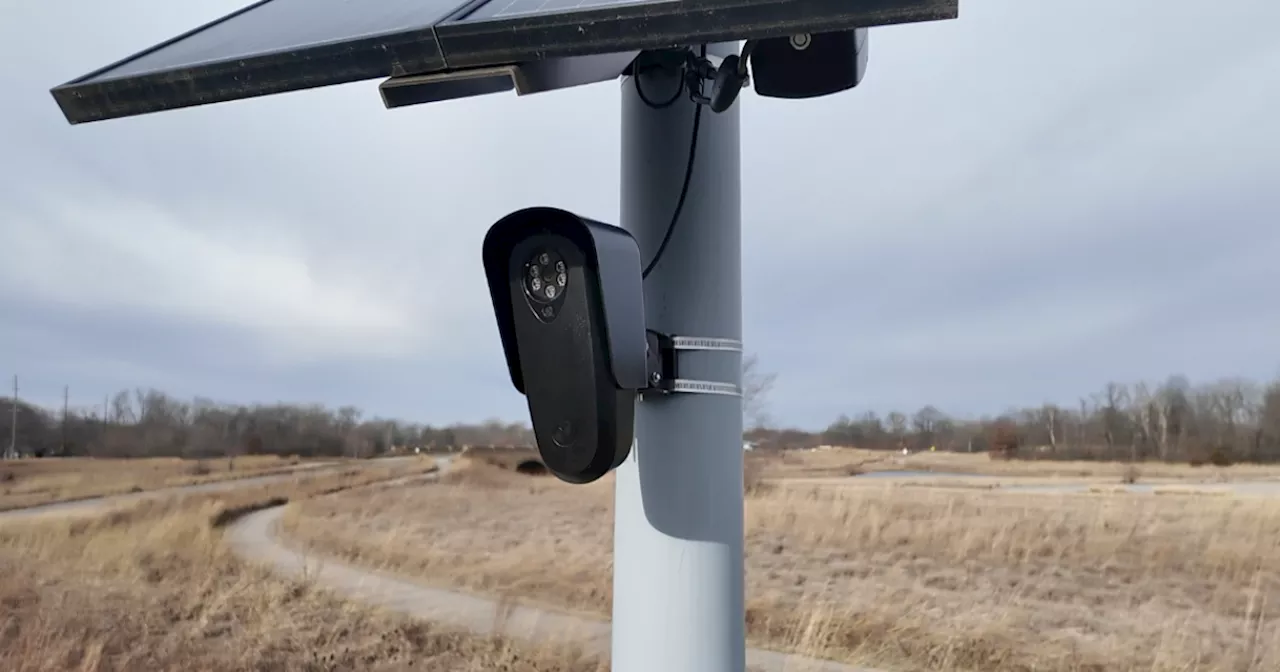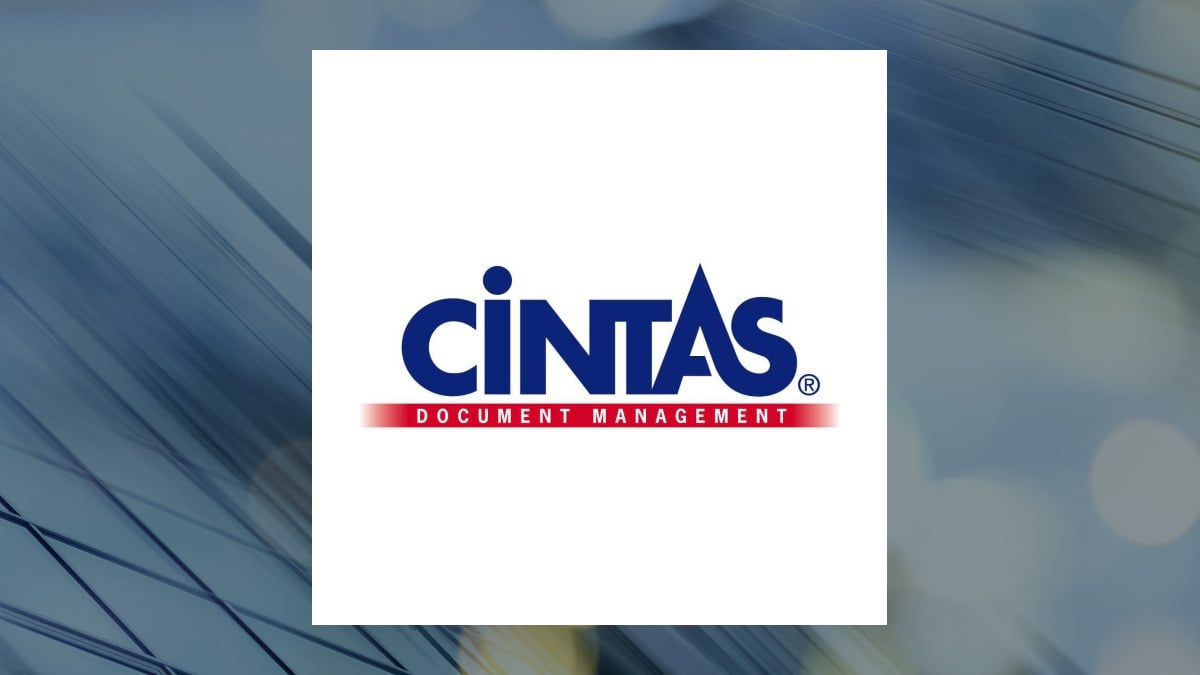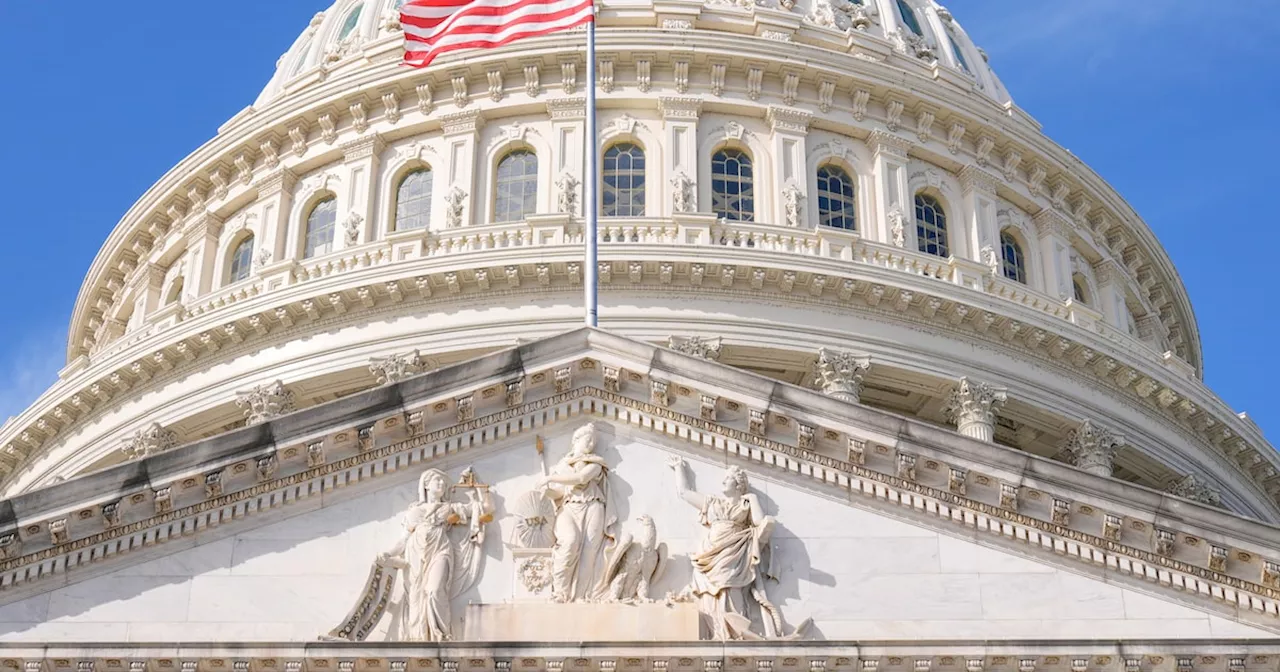A federal judge in Alexandria, Virginia, has raised doubts about the legitimacy of the prosecutor overseeing cases against former FBI Director James Comey and New York Attorney General Letitia James. On Thursday, Judge Cameron Currie scrutinized the appointment of Lindsey Halligan as the interim U.S. Attorney for the Eastern District of Virginia, which defense attorneys argue is unconstitutional.
Halligan’s appointment occurred shortly before she secured an indictment against Comey. Defense attorneys contend that the appointment violates federal law, which allows the attorney general to appoint an interim U.S. attorney for a maximum of 120 days. They assert that the time limit expired with the resignation of former Interim U.S. Attorney Eric Siebert in October, following pressure from former President Donald Trump to pursue indictments.
In a now-deleted post on Truth Social, Trump expressed dissatisfaction with the lack of action against Comey, James, and Democratic Senator Adam Schiff, whom he labeled “guilty as hell.” The U.S. government, however, argued that any issues with Halligan’s appointment amount to a mere “paperwork error” that should not warrant the dismissal of the cases.
Judge Currie, appointed by former President Bill Clinton, indicated that allowing Halligan’s appointment could undermine the Senate’s role in confirming U.S. Attorney nominees. The judge cautioned that if the judiciary endorses the government’s interpretation of federal law, it could eliminate the necessity for Senate confirmation in future appointments. “If you bless this, then there will never be a reason to go through Senate confirmation again,” warned Comey’s defense attorney Ephraim McDowell.
The government attempted to justify Halligan’s appointment, noting that Attorney General Pam Bondi signed a new order on October 31, 2023, designating Halligan as a “Special Attorney” with authority to conduct legal proceedings in the Eastern District of Virginia. However, defense attorney Abbe Lowell highlighted the implications of this rationale, suggesting it could allow individuals without legal qualifications to pursue indictments with subsequent ratification from the attorney general.
During the proceedings, Currie also expressed concern over the grand jury transcript from Comey’s case, which was incomplete due to the absence or negligence of the court reporter. The judge pressed the government to clarify how Bondi’s ratification could be valid without access to the full transcript. The question of whether a ruling disqualifying special counsel Jack Smith from prosecuting Trump’s classified documents case was “wrongly decided” also arose, though the Department of Justice attorney Henry Whitaker countered that this decision did not apply in this case.
As the arguments concluded, McDowell contended that Halligan’s appointment is indicative of a broader pattern within the Trump administration aimed at circumventing Senate confirmation processes. The Third Circuit Court of Appeals is currently reviewing the appointment of Alina Habba as interim U.S. attorney for the District of New Jersey.
Currie acknowledged that she is aware of the ongoing challenge regarding Habba’s appointment, which had been discussed in a hearing in October. Defense lawyers are also contesting the appointments of interim U.S. attorneys Bill Essayli in California and Sigal Chattah in Nevada, citing similar concerns about the legality of the appointments.
If Halligan’s appointment is deemed improper, defense counsel argue that the cases against Comey and James should be dismissed, as she was the sole signatory on the indictments secured through her presentations to the grand juries. They also referenced media reports indicating that career prosecutors involved in the case had doubts about its viability.
Judge Currie has indicated she will deliver a decision on the matter by Thanksgiving, potentially determining the trajectory of high-profile cases that have drawn significant public attention.

